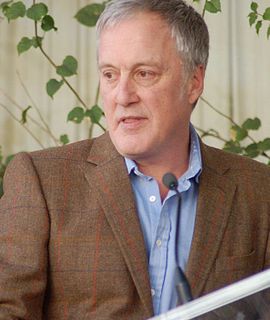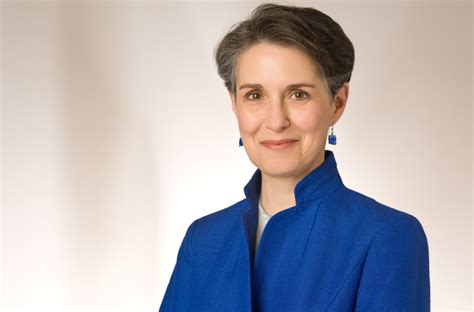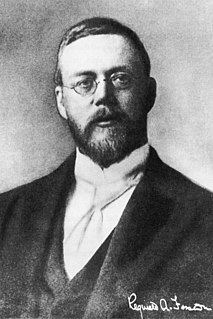A Quote by Marianne Williamson
Institutional memory is important in any organization, but so are fresh ideas.
Quote Topics
Related Quotes
Ideas are the engines of progress. They improve people's lives by creating better ways to do things. They build and grow successful organizations and keep them healthy and prosperous. Without the ability to get new ideas, an organization stagnates and declines and will eventually be eliminated by competitors who do have fresh ideas.
It's important in any organization that if visions have any reality at all, it's because the organization believes that the vision is right and that they share in it. Otherwise, it becomes the good idea of one person, and that even more importantly contributes to the sense that it will not survive the departure of that individual.
Creativity is the generation and initial development of new, useful ideas. Innovation is the successful implementation of those ideas in an organization. Thus, no innovation is possible without the creative processes that mark the front end of the process: identifying important problems and opportunities, gathering relevant information, generating new ideas, and exploring the validity of those ideas.
We no longer see the evolution of the nervous system, but that of a certain individual. The role of the memory is very important but... not as important as we believe. Most of the important things that we do don't depend on memory. To hear, to see, to touch, to feel happiness and pain; these are functions which are independent of memory; it is an a priori thing. Thus, for me, what memory does is to modify that a priori thing, and this it does in a very profound way.



































